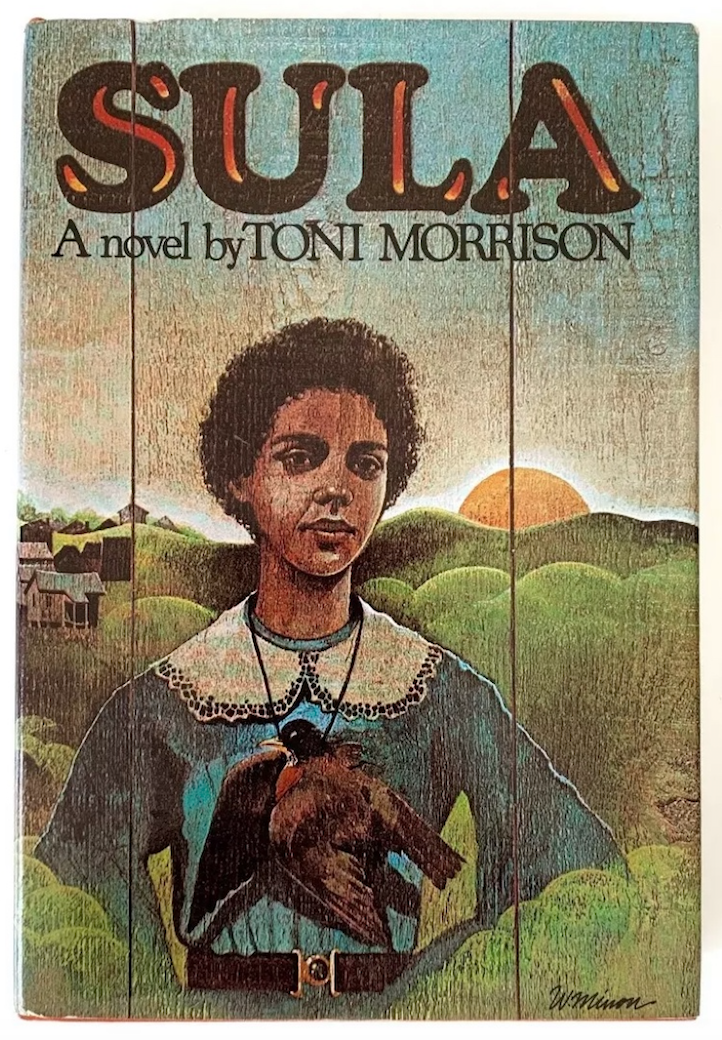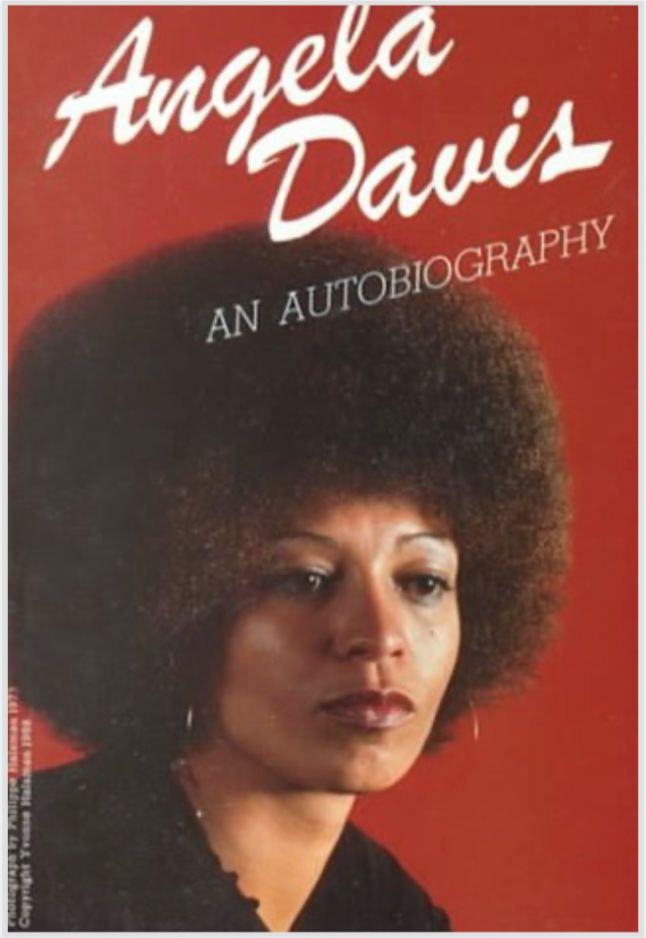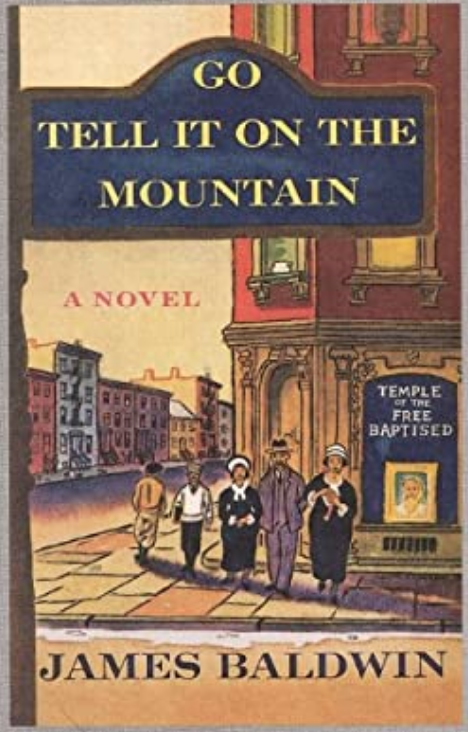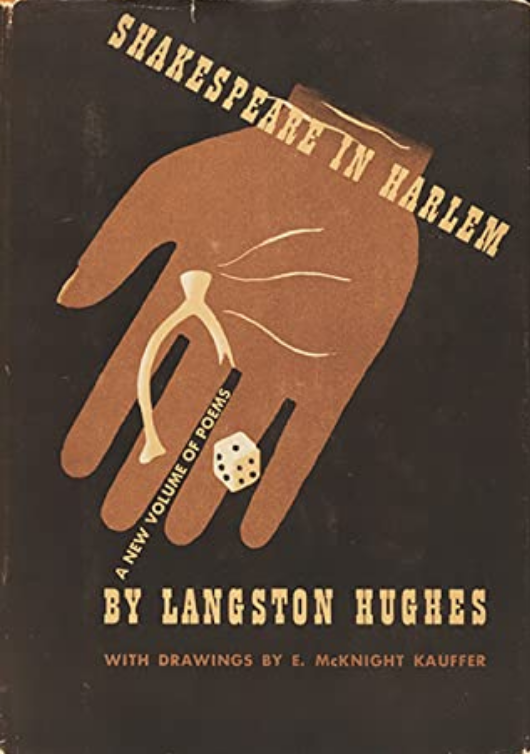Educate Yourself on Black History and Racism with These Four Books
Be involved in the Black Lives Matter discussion by educating yourself through Black literature.
In the wake of civil unrest and the fight against systemic racism, global societies are uniting to take action in what is now the largest civil rights movement the world has seen. Aside from taking to the streets to protest, spreading awareness across social media platforms, and donating to organizations aiding the Black Lives Matter movement, a productive way to stay engaged in the conversation is through reading Black literature and educating yourself on the history of race relations in America.
Below, peruse a selection of historical books that speak to the Black experience in America, all in their first edition.
Sula by Toni Morrison

This empowered 1973 novel follows the lives of two Black women from their contented childhood in a small Ohio town, through their strongly contrasting paths of maturation, to their final, harmonious reconciliation. Sula Peace leaves home to attend college and indulge in city life, while Nel Wright chooses to stay in her hometown, pursue raising a family, and live a respectable life as a mother. In their divergent paths, Peace and Wright expose the truths of what it means and costs to be a Black woman in America.
Angela Davis: An Autobiography

The remembered political activist reflects upon the individuals and situations that impacted her committed fight for global liberation of the oppressed in this 1972 autobiography. Recounting her idiosyncratic youth and taking structure from her arrest, imprisonment, trial and acquisition, Angela Davis: An Autobiography tells a precise personal narrative with passion, excellence, wit, and conviction.
Go Tell It On The Mountain by James Baldwin

First published in 1935, this semi-autobiographical novel marks Baldwin’s first major work and remains as an American classic. The story follows 14-year-old African-American boy John Grimes’ coming of age, during which he finds solace in his identity as the stepson of Harlem’s Pentecostal church minister. With masterful language and a personal fury instilled in each page, Baldwin’s fictional rendering of John’s mental, spiritual, and sexual struggle provided new outlets for self-discovery in America.
Shakespeare in Harlem by Langston Hughes

In this 1942 novel, literary titan Langston Hughes provides eloquent commentary on the state of American race relations as the United States prepares for war against Europe’s Axis powers. Scattered amidst the 62 different works are artist E. McKnight Kauffer’s good-natured portraits of Harlem’s inhabitants and Hughes’ neighbors.